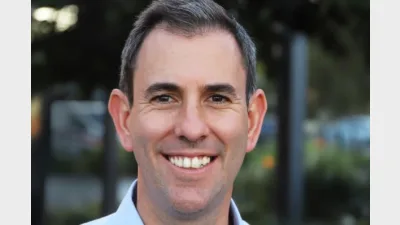Invesco gets licence
The Australian Prudential Regulation Authority yesterday granted fund manager InvescoAustralia its Responsible Superannuation Entity (RSE) licence.
This makes it one of just 307 trustee entities remaining under the new licensing regime, which has seen the exit of over 1,200 RSEs in 18 months.
Invesco chief executive Mark Armour said he was delighted at receiving the licence, which enables the continued operation of its three pooled superannuation trusts (PSTs) — the Wholesale Diversified Growth PST, Wholesale Protected Growth PST, Wholesale Global Matrix PST — Hedged and Wholesale Asian Share PST.
When asked whether Invesco had at any stage considered not applying for the license, the response was yes. “[We are] a specialist funds management business, and only four of our products are PSTs,” said Mick O’Brien, Invesco’s director of retail sales. Because of the costs involved in applying for the license, he said they did consider appointing another trustee.
Speaking more generally about the new APRA licensing system and its industry impact, Obrien said he felt it was a positive change. “My view is that there was a proliferation of trustees…some without the skills and expertise to run [their funds]. At the end of the day, members will be better off with the amalgamation of super funds; this is a continuing of the trend toward rationalisation.”
Recommended for you
Following the roundtable, the Treasurer said the government plans to review the superannuation performance test, stressing that the review does not signal its abolition.
The Australian Prudential Regulation Authority (APRA) has placed superannuation front and centre in its 2025-26 corporate plan, signalling a period of intensified scrutiny over fund expenditure, governance and member outcomes.
Australian Retirement Trust (ART) has become a substantial shareholder in Tabcorp, taking a stake of just over 5 per cent in the gaming and wagering company.
AustralianSuper CEO Paul Schroder has said the fund will stay globally diversified but could tip more money into Australia if governments speed up decisions and provide clearer, long-term settings – warning any mandated local investment quota would be “a disaster”.











